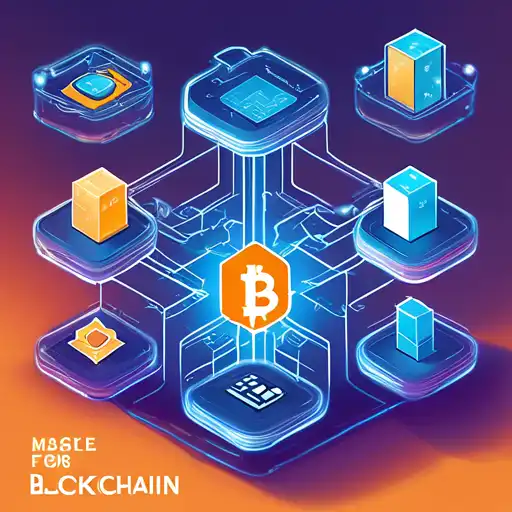What Is Blockchain?
Blockchain technology is a digital ledger that records transactions across many computers in such a way that the registered transactions cannot be altered retroactively. This technology is the backbone of cryptocurrencies like Bitcoin, but its potential applications extend far beyond digital currencies.
How Does Blockchain Work?
At its core, a blockchain is a chain of blocks, where each block contains a number of transactions. Every time a new transaction occurs on the blockchain, a record of that transaction is added to every participant's ledger. This decentralized database managed by multiple participants is known as Distributed Ledger Technology (DLT).
Key Features of Blockchain
- Decentralization: Unlike traditional ledgers or databases controlled by a central authority, blockchain is decentralized and distributed across a network of computers.
- Transparency: All transactions are visible to anyone who has access to the system.
- Immutability: Once a transaction is recorded on the blockchain, it cannot be altered or deleted.
- Security: Blockchain uses cryptographic techniques to secure data, making it highly resistant to fraud and hacking.
Applications of Blockchain Beyond Cryptocurrency
While blockchain is synonymous with cryptocurrency, its applications are vast and varied. From supply chain management to healthcare records, blockchain can provide transparency, security, and efficiency across numerous sectors.
Getting Started with Blockchain
For beginners interested in exploring blockchain, starting with a basic understanding of how cryptocurrencies work is a good first step. Resources like our cryptocurrency guide can provide valuable insights.
Choosing a Blockchain Platform
There are several blockchain platforms available for developers and enthusiasts. Ethereum, for example, allows for the creation of smart contracts and decentralized applications (DApps). Researching and selecting the right platform depends on your specific needs and goals.
Conclusion
Blockchain technology offers a revolutionary approach to digital transactions and data management. Its principles of decentralization, transparency, and security present numerous opportunities for innovation across various industries. As the technology continues to evolve, staying informed and engaged with the latest developments is crucial for anyone looking to leverage blockchain's potential.
